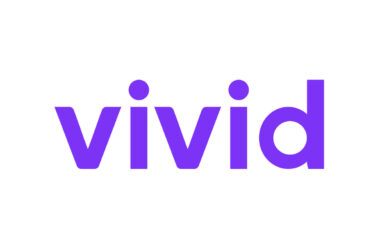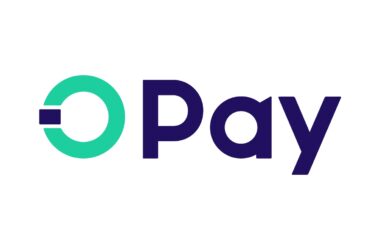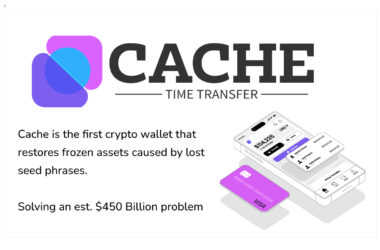In the rapidly evolving world of financial technology, challenger banks are revolutionizing the way we think about banking. These digital-only institutions, unburdened by the legacy systems of traditional banks, offer streamlined, customer-centric services that appeal to a tech-savvy audience. However, behind their sleek apps and user-friendly interfaces lies a complex web of technological innovation and operational efficiency, much of which is increasingly being outsourced to the Philippines. This Southeast Asian nation has become a crucial partner in leveling the playing field for neobanks, offering a unique blend of cost efficiency, skilled talent, and technological prowess.
Digital innovators and disruptors have emerged as formidable competitors to traditional banks by providing transparency, lower fees, and unparalleled convenience. Operating primarily online, they cater to customers who prefer digital solutions and demand seamless experiences. Yet, despite their advantages, these banks face significant challenges, from navigating regulatory landscapes to fending off cybersecurity threats and maintaining a relentless pace of innovation. Here, the strategic move to outsource customer service and back-office operations to the Philippines has proven transformative.
The decision to migrate business processes to the Philippines is driven by several compelling factors. Foremost among these is cost efficiency. Labor costs are markedly lower than in Western countries, enabling challenger banks to allocate their resources more effectively. This cost advantage is not just about saving money; it’s about redirecting funds to critical areas such as technological development, marketing, and customer acquisition, which are essential for sustaining growth and competitiveness in the fintech space.
The Philippines is also home to a highly skilled workforce, particularly in the fields of information technology and fintech. Filipinos bring technical expertise, adaptability, and a strong work ethic to the table, making them invaluable assets for fintech companies. Their proficiency in English and cultural affinity with Western nations further smooth the integration process, allowing for seamless collaboration and communication.
Technological expertise is another significant draw for fintechs. The country has made notable advancements in various technologies, including software development, data analytics, artificial intelligence, machine learning, and blockchain. These cutting-edge technologies are critical for enhancing product offerings, improving customer experiences, and staying ahead in a fiercely competitive market. By outsourcing to the Philippines, digital banks gain access to these advanced capabilities without the burden of developing them in-house.
Navigating the regulatory landscape is a daunting task for any financial institution, and challenger banks are no exception. Many Philippine contact centers have extensive experience dealing with international regulatory requirements, providing essential support in compliance, risk management, and legal standards adherence. This expertise is invaluable in ensuring that operations run smoothly and within the bounds of global financial regulations.
Cybersecurity is another area in which the Southeast Asian archipelago excels. With financial institutions being prime targets for cyber-attacks, robust security measures are non-negotiable. The Philippines has developed a strong cybersecurity framework, with many firms specializing in protecting sensitive financial data. By leveraging this expertise, neobanks can bolster their security protocols, safeguarding customer information and maintaining trust.
Customer experience is a key differentiator for fintech enterprises, and outsourcing enhances this aspect significantly. Filipino agents are renowned for their excellent communication skills and customer-centric approach, making them ideal for front-office roles. Providing 24/7 customer support ensures that inquiries and issues are addressed promptly, enhancing customer satisfaction and loyalty.
Looking ahead, the prospects for fintech outsourcing to the Philippines are bright. The country is continually developing its infrastructure, and the government’s commitment to fostering the outsourcing industry ensures that it remains a top destination for fintech operations. As technology advances, the Asian BPO powerhouse nation is well-positioned to support the growth of neobanks and other fintech enterprises.
In the grand narrative of fintech innovation and disruption, the Philippines has emerged as an unsung hero. By offering a unique combination of cost advantages, skilled talent, and technological expertise, it is helping challenger banks overcome operational challenges and compete with traditional financial institutions. As the fintech landscape continues to evolve, the strategic partnership between challenger banks and the country is set to drive unprecedented levels success, reshaping the future of banking as we know it.
















Recent Comments